Publications
Articles, publications, books, tools and multimedia features from the U.S. Institute of Peace provide the latest news, analysis, research findings, practitioner guides and reports, all related to the conflict zones and issues that are at the center of the Institute’s work to prevent and reduce violent conflict.
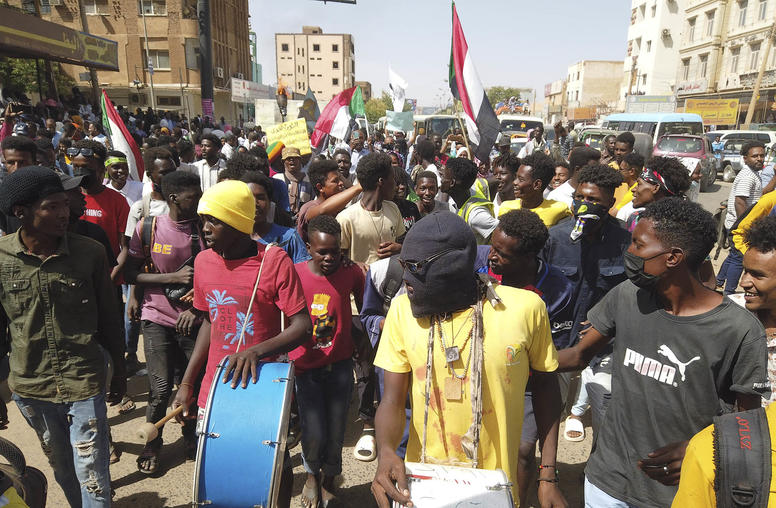
Countering Coups: How to Reverse Military Rule Across the Sahel
Three years of coups around Africa’s Sahel region — eight of them in six nations, from Guinea on the Atlantic to Sudan on the Red Sea — leave many African and other policymakers frustrated over how to respond. The Sahel’s crises have uprooted more than 4 million people and could add millions more to our record levels of global human migration as Africa’s population grows and its climate destabilizes. Yet the pattern of coups and other evidence — notably from USIP’s Sahel fieldwork, counter-coup research and bipartisan analysis teams — offer guidelines for effective responses by African, U.S. and international policymakers.
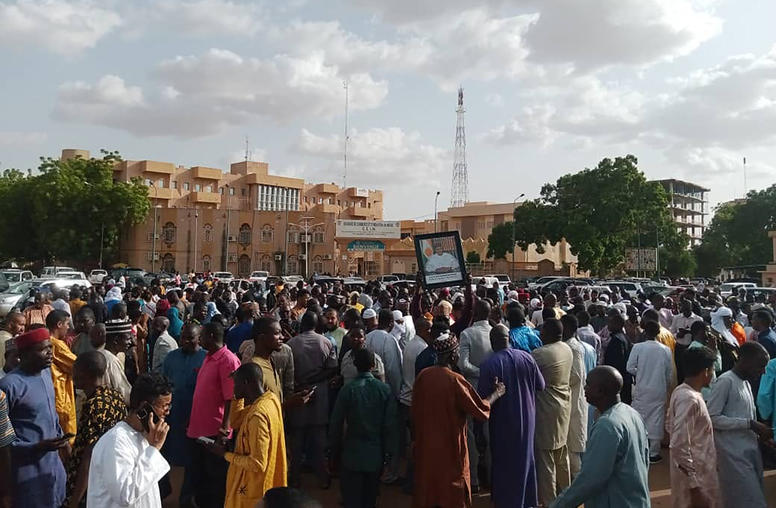
A Coup in Niger: What It Means for Africa, U.S. and Partners
This morning’s coup d’etat in Niger only deepens the pattern of instability across Africa’s Sahel and damages what has been a rare process of fairly steady democracy building in the region. Niger’s democratically elected government has been a valued partner for African and international efforts to stabilize the Sahel against its web of insurgencies, extremist movements and military coups. Kamissa Camara, a former foreign minister of Niger’s neighbor, Mali, now an analyst on the region with USIP, says the coup underlines lessons already evident about how to improve international efforts to build democracy and peace.
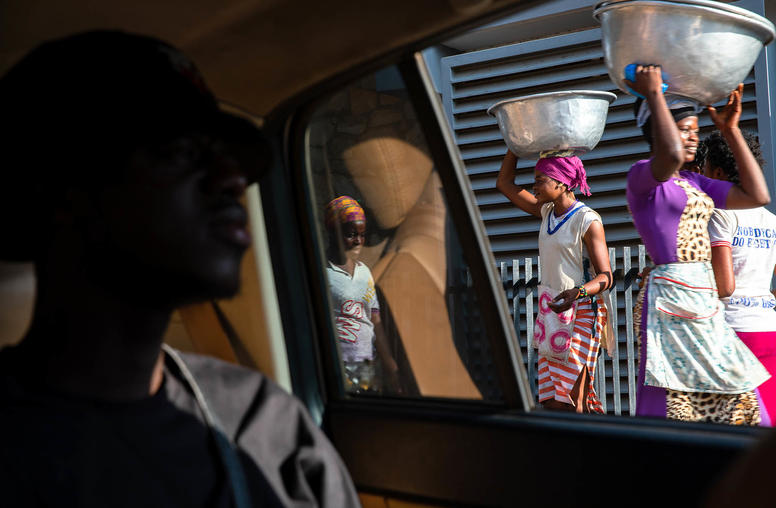
Coastal West Africa Senior Study Group Final Report
The countries of Coastal West Africa are currently facing significant challenges to peace and security as extremist violence spills over from the neighboring Sahel region. Attacks in 2022 in the northern parts of Benin, Côte d’Ivoire, and Togo illustrate the immediacy and gravity of the threat, and governments across the subregion are grappling with protecting fragile communities in the north, addressing porous borders that facilitate attacks from neighboring states, and building the capacity of security forces to address the threat.
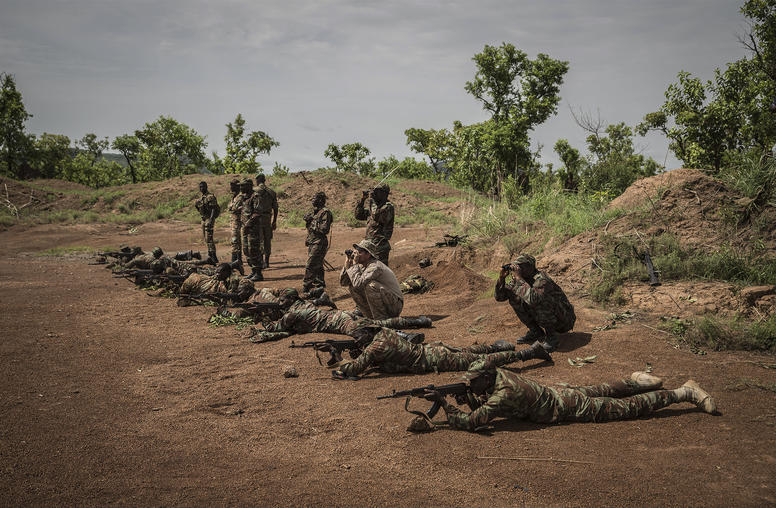
How to Advance Peace and Stability in Coastal West Africa
The U.S. government has identified stability in Coastal West Africa as a foreign policy priority, engaging five countries in particular — Benin, Côte d’Ivoire, Ghana, Guinea, and Togo — through its Strategy to Prevent Conflict and Promote Stability, which was adopted in December 2021. The strategy reflects the U.S. government’s consideration of the five countries as strategic focal points in the fight against transnational terrorism and violent extremism emanating from the neighboring Sahel region.
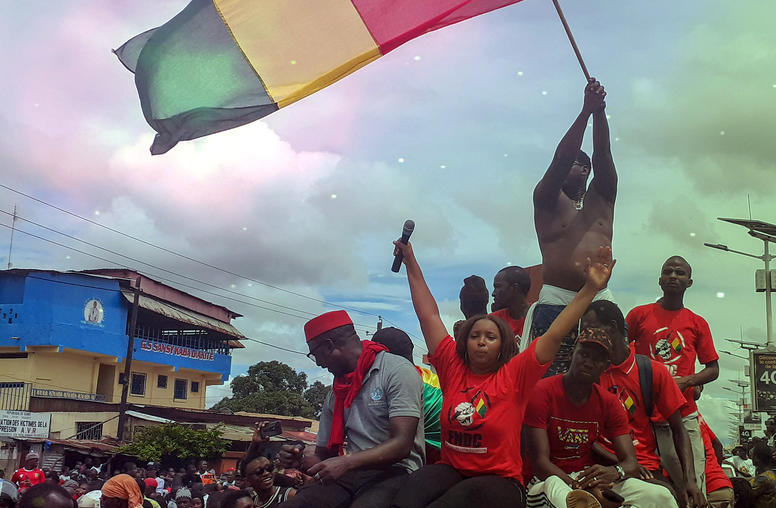
A New U.S. Plan to Avert Wider Conflicts in West Africa
The United States is setting a new priority on building peace in five West African nations threatened by domestic crises and by violence that is spreading from the neighboring Sahel region. The White House named those countries among others in which to launch a new U.S. strategy to prevent violent conflicts in unstable regions. This choice signaled that stability in coastal West Africa is a vital U.S. interest — and that these five countries, while in varied stages of building democracies, can strengthen democracy and stability with more focused, long-term U.S. support. A broad consultation of scholarly and policy experts on coastal West Africa is buttressing that idea.
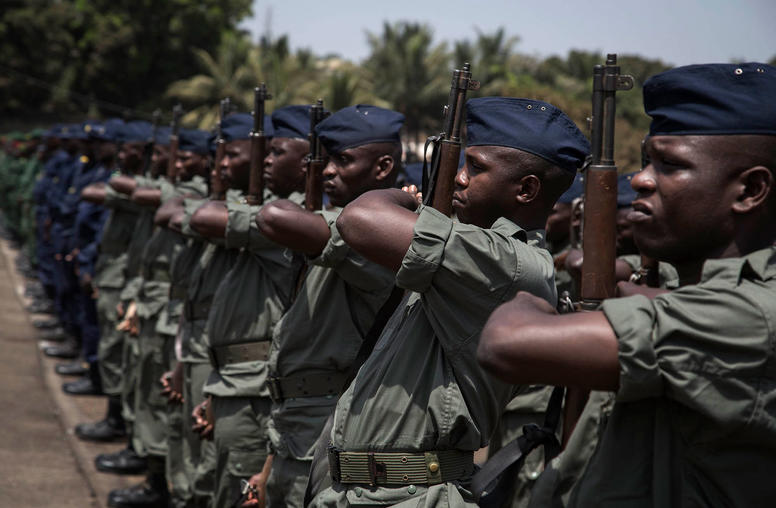
Guinea’s Lesson for Strengthening Democracy: Use ‘Peer Power’
As dozens of nations seek to strengthen democracy at this week’s White House summit, indicators for effective methods can be found in Guinea, one of five nations that this year suffered a coup by its military. An overarching lesson is for the United States and other more distant governments and institutions to recognize the greater efficacy of putting regional communities in the lead. For Guinea, this will mean supporting a stronger role by neighboring countries and the Economic Community of West African States (ECOWAS)—a 15 nation grouping that has shown real promise as a promoter of democracy.
Money Spent on Peacebuilding is an “Investment”
Money spent on peace is an “investment” that will eventually “mature,” said Congressman John Garamendi (D-CA) at the U.S. Institute of Peace on Oct. 27, bringing both short- and long-term gains to the United States and countries around the world. Garamendi, who served as a Peace Corps Volunteer in Ethiopia from 1966 to 1968, offered his remarks at a USIP event marking the 50th anniversary of the Peace Corps’ founding.
African Presidents at USIP Couple Democracy, Security
The elected presidents of four Francophone countries in West Africa, appearing at the United States Institute of Peace (USIP) on July 28, called for consolidating democratic advances in their countries after what for most has been a debilitating period of conflict, dictatorship and political struggle.
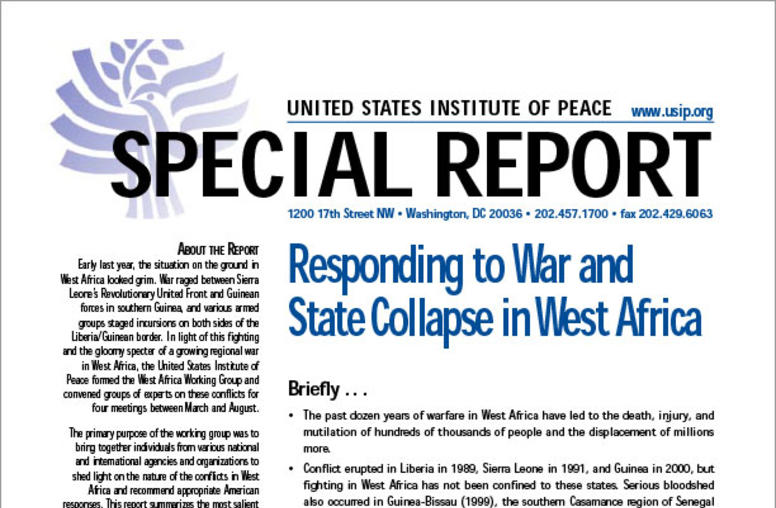
Responding to War and State Collapse in West Africa
Summary The past dozen years of warfare in West Africa have led to the death, injury, and mutilation of hundreds of thousands of people and the displacement of millions more.